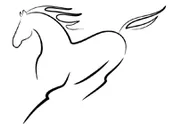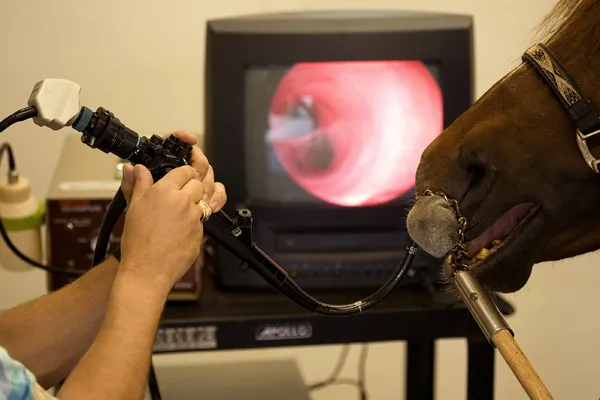Equine Endoscopy: Supporting Your Horse's Health
You love your horses, and you only want the best for them. At Winner's Circle Equine Veterinary Service, our team is here to provide Ocala, FL, equestrians and horse owners with the care their horses need to stay well. Here, we'll take a look at how equine endoscopy can help you learn more about your horse's health.
What Is an Equine Endoscopy?
Equine endoscopy allows your veterinarian to get a clear view of your horse's airway and stomach. This can help you learn more about your horse's health, and can provide early detection of conditions that need treatment.
Respiratory Disorders in Horses
During the endoscopy, your veterinarian will take a look at your horse's upper airway, allowing him to screen your horse for respiratory conditions that could negatively affect your horse’s health. Some upper respiratory conditions, including guttural pouch empyema and guttural pouch mycosis, can cause early death in otherwise healthy horses when left untreated. Learning about your horse's health conditions early allows your vet to better provide the treatment your horses need to get well and stay well.
Gastrointestinal Issues in Horses
Ulcers are an unfortunately common problem in horses, but the condition can be tough to diagnose when your veterinarian doesn't have a clear view of your horse's stomach lining. The scoping process allows your equine veterinarian to look for both ulcers and other gastrointestinal issues.
After your veterinarian has a clear view of your horse's stomach lining, he'll be able to talk you through the steps that you can take to heal your horse's ulcers (if necessary) and optimize your horse’s gastrointestinal health. This may include medicine and changes to your animals’ diets to help them live their healthiest life.
Follow-Ups
After your horse's initial scoping, your veterinarian may recommend that you have a follow-up scope down the line. This allows your veterinarian to learn whether or not the recommended treatment for your horse is working. It can also allow your horse’s veterinarian to make changes to your horse's treatment plan as necessary.
Of course, if you feel that your horses’ conditions have worsened or their behaviors have changed in a way that you think may be related to a condition diagnosed during the endoscopy process, contact your veterinarian as soon as possible.
Winner's Circle Equine Veterinary Service: Your Equine Veterinarian in Ocala
At Winner's Circle Equine Veterinary Service, our Ocala veterinary team is here to provide your horses with all the care they need to feel their best. Contact us to learn more and schedule your first appointment. Give us a call today at (706) 202-5476 to schedule an appointment.

